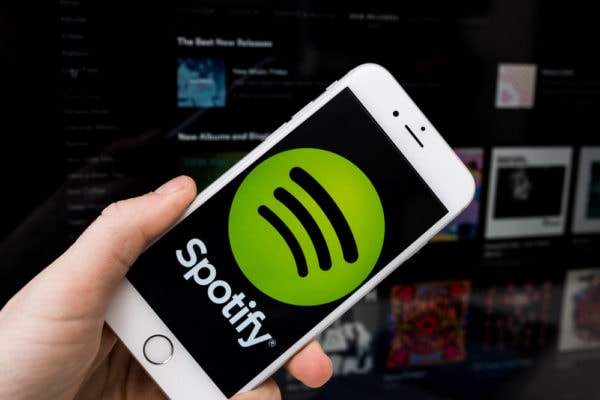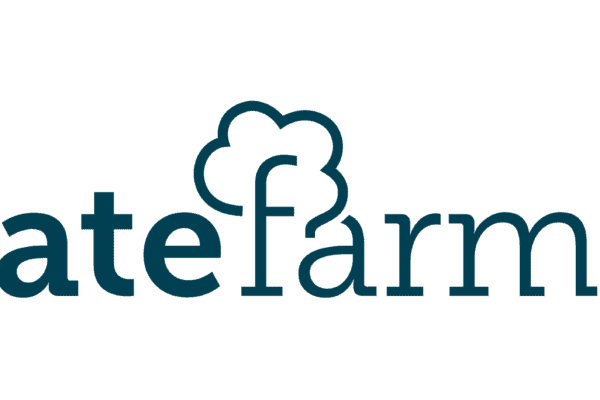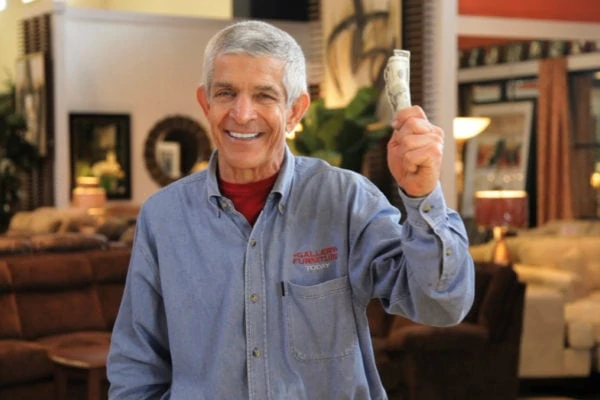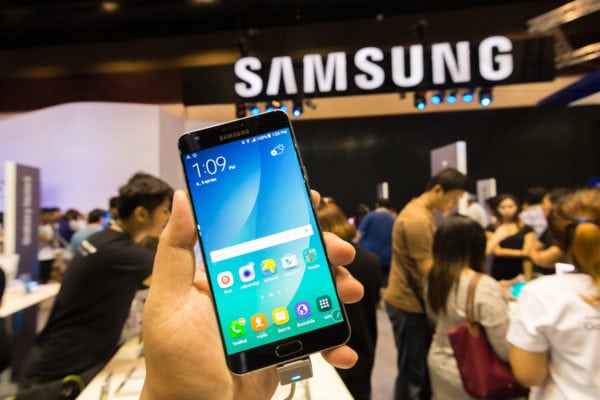"Capitalism doesn't work." That's what many mainstream socialists might tell you. The Great Recession planted seeds of doubt. Now, pandemic-related economic declines worsened its reputation. Now, many Americans conflate capitalism with corruption, greed, and inequality.
But capitalism isn't the bad guy — crony capitalism is. When big business and big government shake hands under the table, only the elite few benefit. The answer to greater prosperity and better solutions is not less capitalism or more socialism. It's taking the cronyism out of capitalism.
Key Takeaways
- The "capitalism" that involves big government and serves special interests isn't capitalism. It's crony capitalism.
- Capitalism lets the people own the means of production. Socialism is letting big government and (greedy) politicians control the means of production.
- Capitalism has a profit motive — which incentives people to solve problems. The profit motive leads to better quality, lower prices, and more value.
- If we had more capitalists (and fewer crony capitalists), we could better solve problems.
Enough With Crony Capitalism. Bring Back the Capitalists
What is Capitalism in a Nutshell?
These are the cornerstones of capitalism:
- Individuals own the means of production. Entrepreneurs own the businesses, tools, and revenue it generates.
- Based on a free-market economy. Supply and demand determine prices.
- Voluntary exchange. Both parties (the business and customer) must voluntarily agree to enact a transaction. (i.e., a company decides to sell a laptop for $500, and a customer agrees to pay $500 to receive that laptop).
- Little to no government intervention. Bureaucracies and regulations don't determine what's available, which businesses sell a product, and what they cost. Instead, businesses and customers choose the terms of a transaction based on supply and demand and voluntary exchange.
Ownership over what you produce and the fruits of your labor doesn't sound too bad, right? So, how did capitalism and corruption become each side of the same coin?
Crony Capitalism is Not Capitalism
Crony capitalism involves big business and big government making backroom deals. The results of such relationships:
- Tax breaks
- Bailouts (e.g., 2009 bank bailouts)
- Favorable rules and regulations
These incentives line the pockets of the powerful few but offer little benefit to small business owners and consumers. This isn't free markets at work. It's plain crony capitalism.
Just look at these three recent crony capitalism examples:
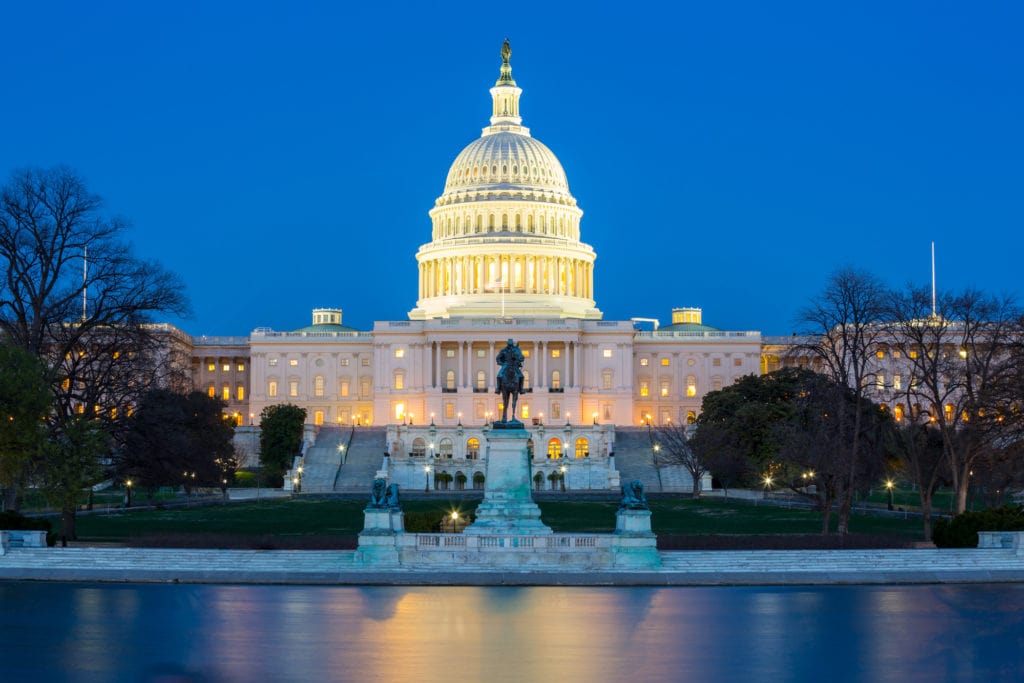
PPP Loans Prioritizes Businesses With the Best Connections
Enacted under the Coronavirus Aid, Relief, and Economic Security Act (CARES) Act, the Paycheck Protection Program (PPP) helps struggling small businesses keep their employees. However, according to a Forbes article, businesses with the best connections received the lion's share of the $669-billion pot. Smaller businesses without those connections scrambled to stay afloat.
EpiPens Monopoly Causes Price Hikes
Kentucky US Senator Rand Paul laments how government regulations caused the price hike in EpiPens. An EpiPen costs less than $10 retail but may set you back $600 or more for a two-pack.
Why? Because government bureaucracies and red tape are slow to approve EpiPen competitors. Without competition, government bureaucracies create monopolies that keep prices high and stifle innovation.
Government Slaps Red Tape on COVID-19 Tests
2020 Libertarian presidential candidate Jo Jorgensen criticized government red tape with COVD-19 tests.
"The CDC required that the only diagnostic test that could be used was the one that they themselves designed. It's a test that ultimately did not work," she said on her campaign website. "As all of this bureaucracy stalled progress, the infection rate accelerated."
College Tuition is No Longer Affordable
The price of a college degree has more than doubled since 1980. Why did this happen? Big government started guaranteeing the loans.
Like it or not, colleges are businesses. Colleges could increase their prices. They knew students had access to guaranteed government loans. Colleges profit from sky-high tuition costs, all while the government is making interest off their loans.
Doesn't This Prove that Socialism is the Answer?
Socialism is never the answer. To explain, let's revisit what socialism is. (Hint: it's more than playing Robin Hood.)
Definition: Under socialism, the government owns the means of production. Through centralized planning, the state regulates the economy, including production and pricing.
What's the Difference Between Socialism and Capitalism?
Bernie Sanders and Congresswoman Alexandria Ocasio-Cortez helped popularize democratic socialism. This led to more people researching the difference between socialism and capitalism.
The primary difference between socialism and capitalism is who gets to make the decisions. Do entrepreneurs, businesses, and consumers run the show? Or do we surrender this power to the government?
Under capitalism, the laws of supply and demand determine prices. That is, businesses have to earn their customer's dollars by offering the best price for the value they offer.
Under socialism, the state decides for you. Big government decides which products are available and how they're produced, priced, and distributed.
You've likely consumed enough movies and books to be leery of an overly powerful state. However, "redistributing the wealth" is for the greater good, right? History tells another story.
We've Already Tried Socialism… It Didn't Work Out.
To redistribute the wealth, you need the power to seize the wealth from someone and give it to somebody else. Typically, that means creating another state entity or bureaucracy.
But what happens when a small group of people has the power to seize private businesses, control the wealth, and move it as they see fit?
Corruption and greed. In short, when the government runs the show, things go wrong:
- Mass starvation
- Widespread poverty
- Infringement of human rights
- Violence
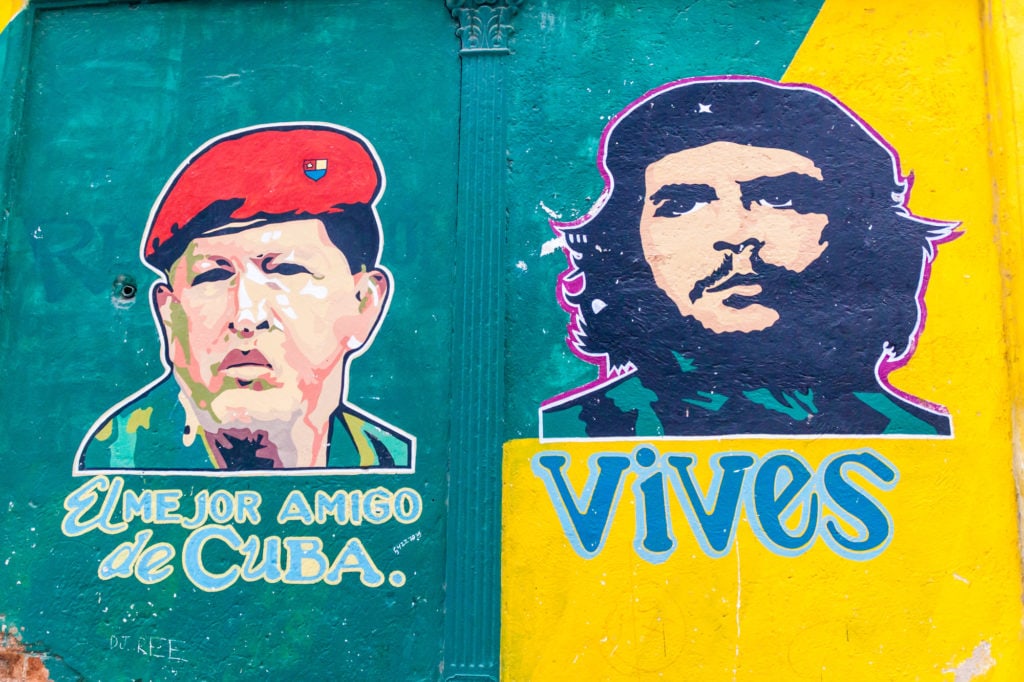
The citizens of Maoist China, Russia, Cuba, North Korea all felt the oppression of an overly powerful state. Now, Venezuela suffers under socialism after Hugo Chavez's rise to power.
Surrendering your power and trusting an elite few to stay noble and virtuous just doesn't work.
So what's the answer?
Take the Crony Out of Capitalism
It isn't about capitalism vs. socialism. It's about taking cronyism out of capitalism.
We don't need big business and shady politicians making backroom deals. Instead, we need big government to stop meddling in the free market.
We need to empower entrepreneurs to run their businesses and profit from their labor freely.
But, Isn't Being Profit-Oriented Bad?
Profit isn't evil. Profit is necessary to create value and improve lives.
Capitalism is the only economic system that encourages growth through creating value. Since there is a profit motive, entrepreneurs have an incentive to innovate. Innovation leads to increased efficiency, higher quality, and lower prices.
Yes, entrepreneurs benefit through profit. However, consumers also benefit when they can access superior products.
Don't believe us?
Let's explore two different simplistic scenarios:
- James tries to sell a product that offers little value. Nobody purchases his product, and the business goes belly-up. Nobody cares.
- Sally sells a product people go crazy over because it solves a problem for me, but she doesn't prioritize profit. Instead, she often ends up covering costs on her own dime because her profit margin is too narrow. Over time, she gives up because she spends too much time, money, and energy with little to no return. Everyone loses.
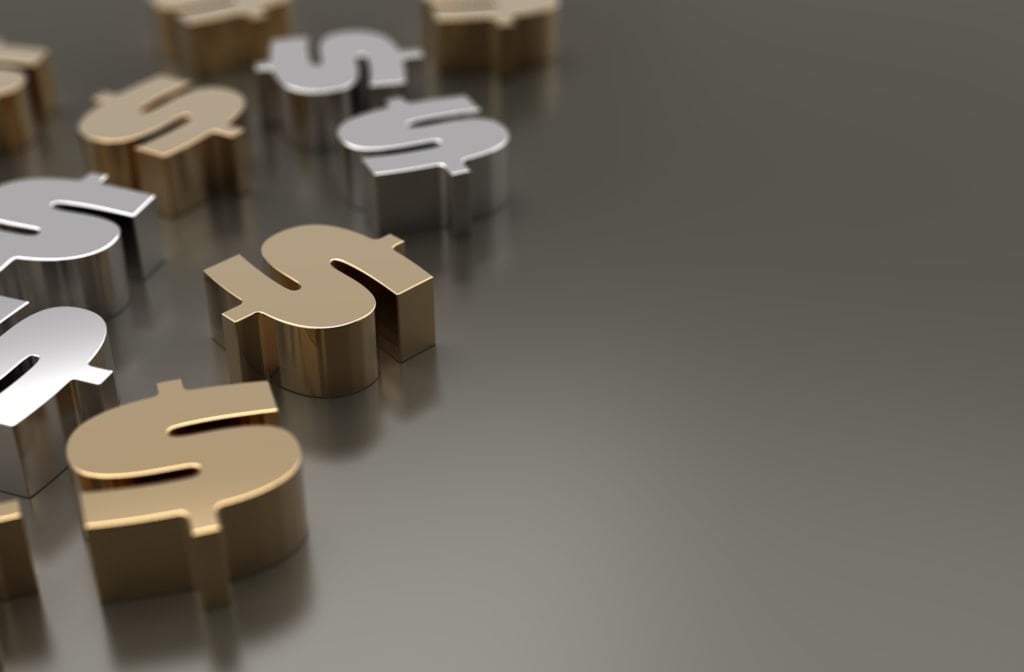
Profit and value go hand-in-hand. Entrepreneurs need to offer value to gain customers. They also want and need a monetary reward — via profit — for all their hard work.
What happens when we meet these conditions? Over time, it leads to higher quality and affordable products. We've seen this happen across many industries:
- In 1970, a computer could cost more than $50,000. Today, you could buy a laptop for less than $500. Because of profit-driven innovation, today's phones can do more than anyone dreamed of in 1970.
- In the 1990s, LASIK corrective eye surgery might cost $10,000. Today, you could undergo the procedure for less than $2,000.
Businesses create more value than any other entity. Remember: the government gets its money from companies and consumers. Not the other way around.
More Capitalists, Less Cronyism and Big Government
The government doesn't solve problems — at least not the most efficiently. Government creates a whole lot of muck with bureaucracies, red tape, and excessive regulations.
To clarify, we're not saying there is no place for the government. In many ways, the government is necessary to keep our country safe. However, the private sector and free markets are where capitalism can do its best work so that everybody can benefit.
Yes, people are skeptical of capitalism. Yet, younger generations still have hope for capitalism. A Junior Achievement survey shows that 66% of teenagers from ages 13 to 17 want to follow the entrepreneurial path.
We can still nurture driven young minds to embrace capitalism — free from big government and cronyism. These entrepreneurs can solve problems better than any politician can.
In short, we believe entrepreneurs are the unsung heroes of the story.
Frequently Asked Questions
What is capitalism in simple terms?
Capitalism is an economic system in which individuals own the means of production. That is, individuals can own businesses, sell goods and services, and set their prices.
Is the US socialist or capitalist?
The US has a mixed economy that adopts both capitalist and socialist principles. The US has mostly free markets. However, it also implements socialist ideologies, like government welfare and industry regulations.
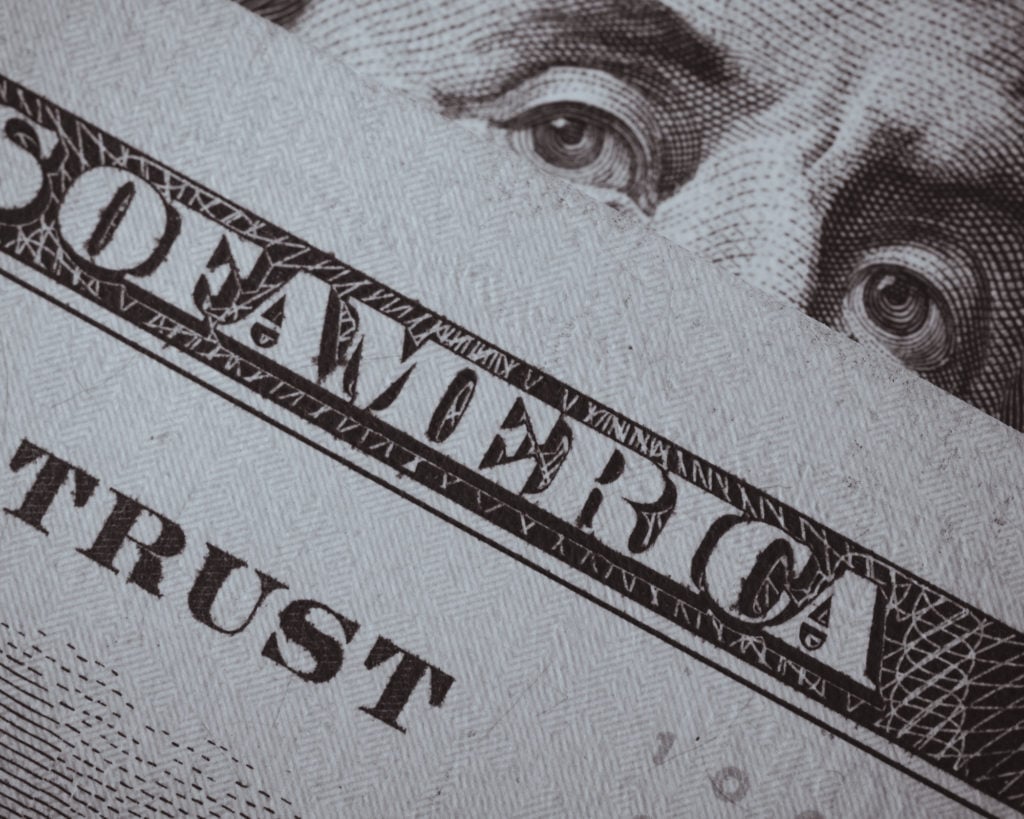
Which country is the most capitalist?
According to the 2020 Index of Economic Freedom by Heritage, Singapore is the most economically free. Next come Hong Kong and New Zealand. Moreover, it might surprise you to know that the United States ranks 17th on that index of capitalist countries.
Who invented capitalism?
Many credit Adam Smith, Scottish economist and author of Wealth of Nations, as the founder of capitalism. Capitalism likely existed far earlier than Adam Smith's time. However, he was among the first to document the principles that underpin capitalism.
Join a Community of TRUE Capitalists
Here at Capitalism.com, we denounce cronyism and excessive government regulations. We believe in true collaborative capitalism. That's because we know that entrepreneurs create the best solutions through creativity, collaboration, and hard work. Our community, The One Percent, is where entrepreneurs can connect and help each other.
Just starting on your journey as an entrepreneur? We'd love to help you cut your learning curve and build a business that changes your life. That's why we made this 10-part video training absolutely free for you.


